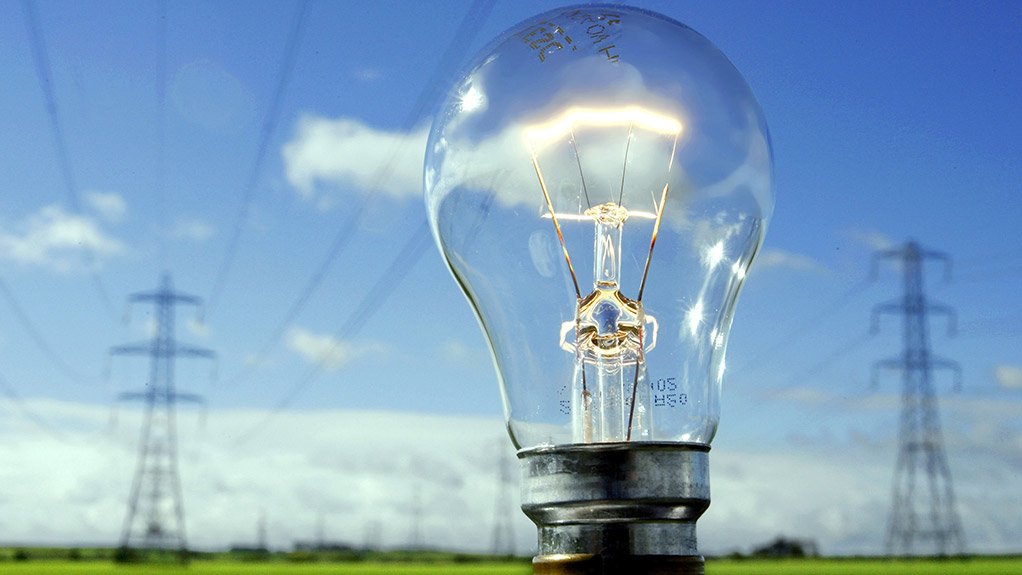Purchases of electricity by municipalities have decreased by 4.4% between the quarters ended December 2014 and March 2015, Statistics South Africa (Stats SA) said on Tuesday.
Joe De Beer, the Director General responsible for Economic Statistics at Stats SA, said this when he released the latest Quarterly Financial Statistics of Municipalities.
De Beer said one of the reasons for the drop in purchases could be related to the challenges that power utility Eskom had, where generating shortages led to less supply against a high electricity demand.
“… the electricity that was generated … meant that municipalities had less electricity to supply and less electricity to sell. You generate less, you sell less,” De Beer said.
De Beer said the sales of electricity also dropped by 3.8% between quarters ended December 2014 and March 2015.
In monetary terms, the sales of electricity went down from R13.21-billion in December 2014 to R12.62-billion in March 2015, while the sales also went down from R21.1-billion to R20.3-billion in the same period.
De Beer said another contributor was that with increasing electricity prices, consumers have opted to seeking alternative sources of electricity.
“Electricity is more elastic than what water would be because in households, everybody is trying to find alternative sources of electricity,” he said.
Municipalities buy more water, sells less to consumers
De Beer said the purchases of water by municipalities went up by 2.8% in the quarters under review, while water sales dropped by 3.7%.
In monetary terms, municipalities spent R3.82-billion buying water in the quarter ending March 2015 compared to the R3.72-billion spent in the quarter ending December 2014.
In the same period, the water sales dipped from R7.46-billion to R7.19-billion.
Among the reasons why more water was purchased, include that it is an essential resource - even if the price was to go up notably, people still need water to survive.
“Water is what in economic terms call price elastic. The price of waters changes a lot but it doesn’t really change your behaviour, you still bath, you still drink water, you still water the garden.
“So if the price of water goes up, it will be very difficult for household to change their consumption of water,” he said.
A provincial analysis shows that Gauteng remains the biggest purchaser of water, spending R2.17-billion in March compared to R2.15-billion in December, followed by KwaZulu-Natal (R715-million), North West (124-million) and the Western Cape (R124-million).
Grants, subsidies biggest municipal revenue spinners
De Beer said the biggest contributor to total municipal revenue in the quarter that ended in March 2015 was through grants and subsidies.
Grants and subsidies contributed 27.8% to the municipal total operating income, while electricity sales were the second biggest contributor (25.8%).
Property rates collected from residents contributed 17.0% to municipal purses, while other income – like fines, licenses and permits, public contributions and donations – made up 13.6% of the income.
Other income generators includes sales of water (9.1%), sewerage and sanitation (3.9%) and refuse removal (2.8%).
EMAIL THIS ARTICLE SAVE THIS ARTICLE
To subscribe email subscriptions@creamermedia.co.za or click here
To advertise email advertising@creamermedia.co.za or click here











